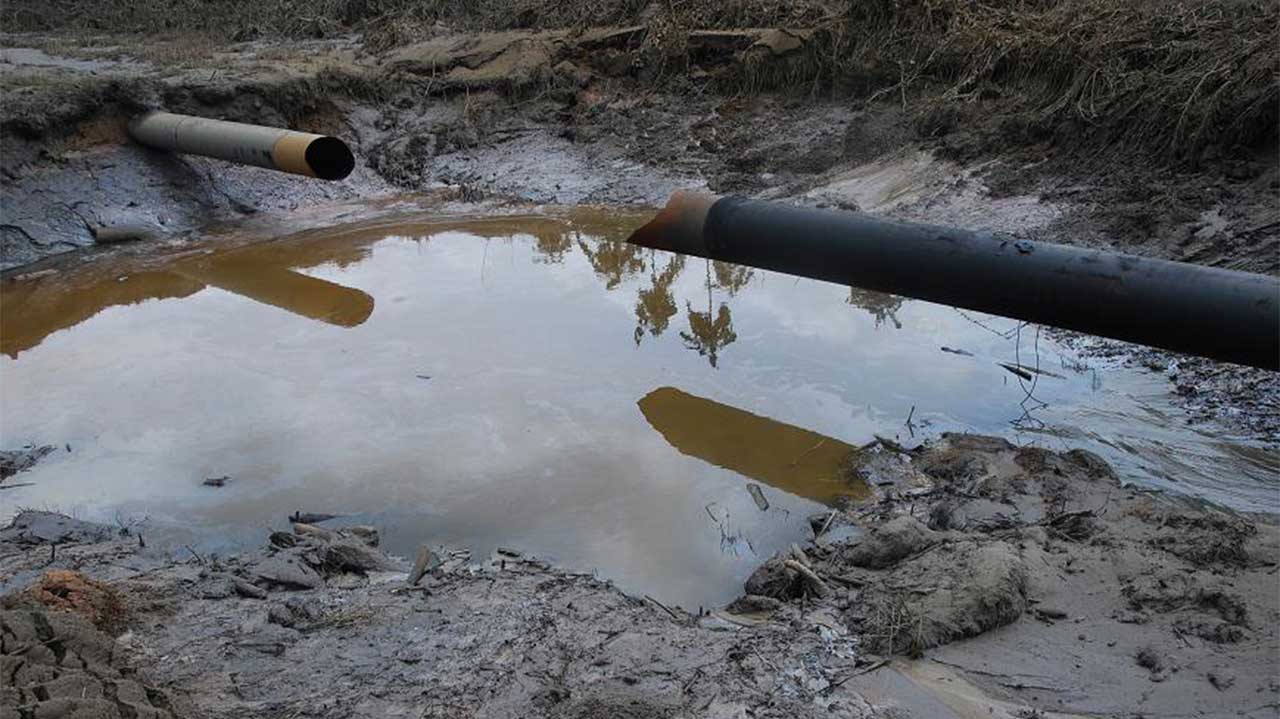- N3.8tn Lost to Oil Theft in 2016 – NNRC
The Nigeria Natural Resource Charter on Tuesday revealed findings of its latest report on crude oil theft and stated that the country lost about N3.8tn as a result of the menace two years ago, which was under the current administration of President Muhammadu Buhari.
It also stated that the estimated value of the total losses suffered by Nigeria through the various methods of crude oil theft in the Niger Delta was higher than the current combined allocations for health and education as captured in the 2018 budget.
The NNRC is a non-governmental organisation that provides policy options to guide governments and societies in their use of natural resources to ensure maximum and sustainable returns for the citizens.
“The combined allocations for health and education amount to N189.4bn, which translates to a mere 8.4 per cent of the estimated value of losses from oil theft two years ago,” the organisation said.
The NNRC’s ‘Oil Theft in Nigeria Report’ identified poverty, unemployment, poor governance, pervasive corruption and the neglect of the Niger Delta region as major reasons for the emergence and sustenance of oil theft over time.
It stated that in 2016, reports by both the government and oil companies indicated that a combined total of up to N3.8tn was recorded as the amount lost to crude oil theft, sabotage and pipeline vandalism.
It noted that this was principally as a result of the force majeure declared at the Forcados terminal, combined with wider pipeline infractions and theft, adding that the government’s share of the loss was approximately 42 per cent or about N1.6tn.
The report stated, “The Nigerian government passed a record budget of N9.12tn, with a revenue target of N7.2tn, most of which it aims to achieve from the petroleum sector. Therefore, at a time when the country has just exited recession and the economy remains fragile, with national debt on the rise, reducing oil theft should clearly be an urgent national priority.”
The NNRC observed that although oil theft was as old as the sector in Nigeria, the level of pilfering remained insignificant up untill the 1970s.
The report added, “However, as the stakes got higher over time, and with global oil prices rising above $100 a barrel in the early 2000s, oil theft evolved into a cottage industry, creating consequential socio-economic problems.
“Over the last decade, oil theft has risen to unprecedented levels, peaking between 2011 and 2014. The inability of the government and oil companies to curb this epidemic has made Nigeria the country most plagued by oil theft in the world.”

 Forex3 weeks ago
Forex3 weeks ago


 Naira2 weeks ago
Naira2 weeks ago
 Billionaire Watch2 weeks ago
Billionaire Watch2 weeks ago




 Naira2 weeks ago
Naira2 weeks ago




 Naira2 weeks ago
Naira2 weeks ago




 Naira1 week ago
Naira1 week ago




 Naira3 weeks ago
Naira3 weeks ago




 Naira4 weeks ago
Naira4 weeks ago






















